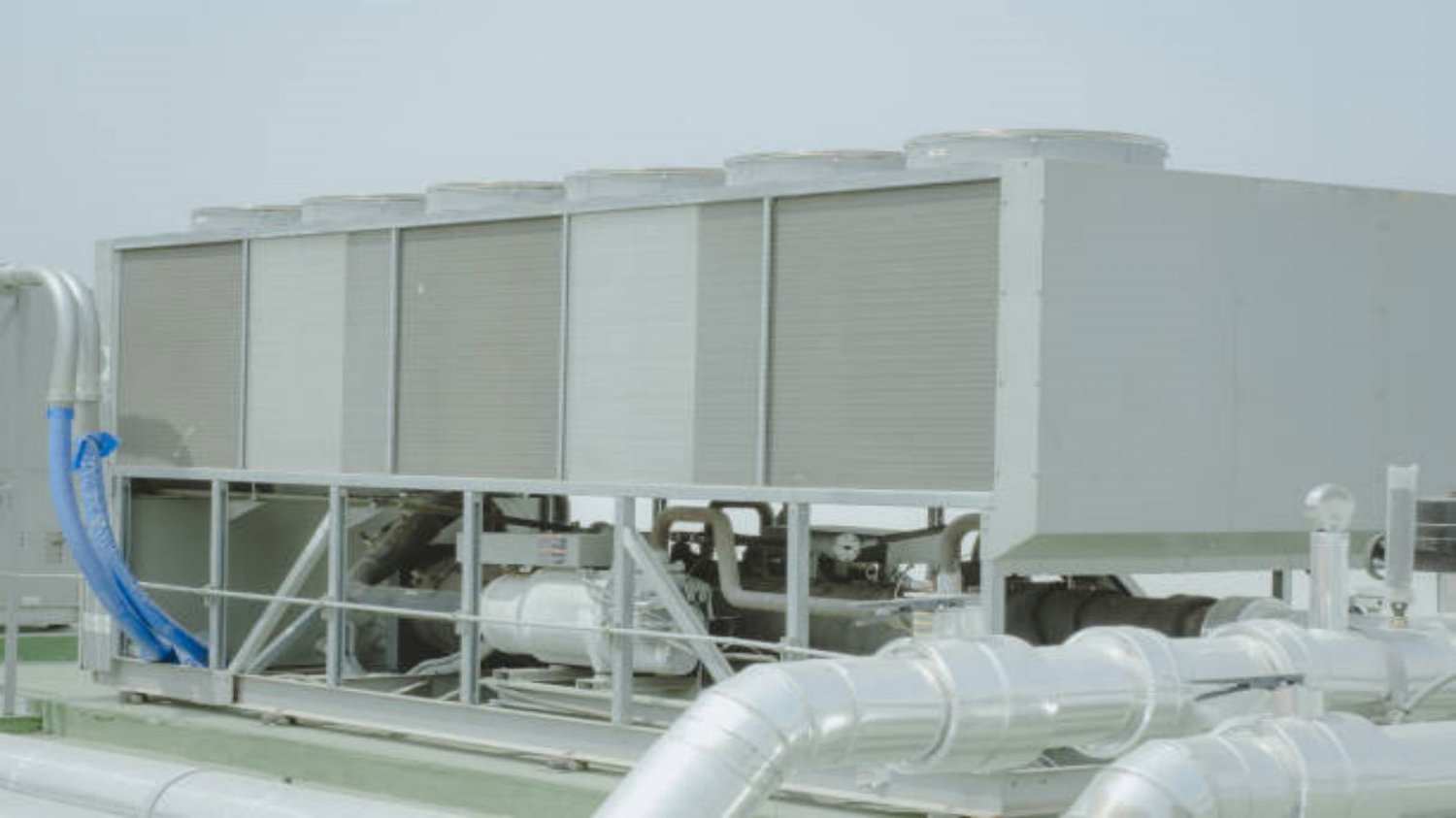The Importance of Multistack Chillers in Industrial Cooling Systems
Multistack chillers play a crucial role in industrial cooling systems, providing efficient and reliable cooling for a wide range of applications. These chillers are known for their ability to handle high cooling loads and offer flexibility in operation. However, like any complex machinery, multistack chillers can experience problems that may affect their performance and efficiency. In this article, we will explore some common multistack chiller problems and discuss potential solutions to keep your cooling system running smoothly.
Insufficient Cooling Capacity
One of the most common problems with multistack chillers is insufficient cooling capacity. This issue can arise due to various reasons, such as undersized equipment, improper refrigerant charge, or airflow restrictions. Insufficient cooling capacity can lead to inadequate cooling of the process or space, causing discomfort or even damage to equipment.
Refrigerant Leaks
Refrigerant leaks are another significant problem that can occur in multistack chillers. These leaks can occur due to corrosion, vibration damage, or faulty connections. Refrigerant leaks not only reduce the cooling efficiency of the chiller but also pose environmental risks, as some refrigerants have a high global warming potential. Detecting and repairing refrigerant leaks promptly is crucial to maintain the performance and sustainability of the cooling system.
Compressor Issues
The compressor is the heart of any chiller system, including multistack chillers. Compressor problems can arise due to various reasons, such as electrical faults, mechanical failures, or improper lubrication. Common symptoms of compressor issues include abnormal noises, reduced cooling capacity, or frequent system shutdowns. Regular maintenance, including lubrication and monitoring of compressor performance, can help prevent and address compressor problems.
Poor Water Quality
Another common problem in multistack chillers is poor water quality. Impurities in the water, such as scale, sediment, or biological growth, can accumulate in the chiller's heat exchangers, reducing their efficiency and causing corrosion. Regular water treatment and filtration are essential to maintain optimal chiller performance and prevent costly repairs or replacements.
Electrical Problems
Electrical issues can also affect the performance of multistack chillers. Problems such as faulty wiring, loose connections, or power supply fluctuations can lead to system malfunctions or even complete breakdowns. Regular inspections of electrical components, including wiring, control panels, and sensors, can help identify and resolve potential electrical problems before they escalate.
Inadequate Maintenance
Proper maintenance is crucial for the efficient and reliable operation of multistack chillers. Neglecting regular maintenance tasks, such as cleaning filters, lubricating moving parts, and inspecting key components, can result in decreased performance and increased energy consumption. Establishing a comprehensive maintenance schedule and adhering to it can help prevent many potential problems and extend the lifespan of your chiller system.
Control System Malfunctions
The control system of a multistack chiller is responsible for monitoring and regulating various parameters, such as temperature, pressure, and flow rate. Malfunctions in the control system can lead to inaccurate readings, improper operation, or system failures. Regular calibration and testing of the control system are essential to ensure accurate and reliable operation of the chiller.
Condenser Problems
Problems with the condenser can significantly impact the performance of a multistack chiller. Fouling of the condenser coils, inadequate airflow, or refrigerant flow issues can reduce the chiller's cooling capacity and efficiency. Regular cleaning and maintenance of the condenser, including coil cleaning and inspection, can help prevent these issues and optimize the chiller's performance.
System Overload
System overload is a common problem in multistack chillers, especially if the cooling requirements exceed the chiller's design capacity. Operating the chiller beyond its maximum capacity can lead to reduced cooling efficiency, increased energy consumption, and potential system failures. It is important to accurately assess the cooling requirements and ensure that the chiller is appropriately sized for the application.
Inadequate Airflow
Inadequate airflow is another issue that can affect the performance of multistack chillers. Restricted airflow, caused by dirty filters, blocked vents, or improper duct design, can lead to reduced cooling capacity and increased energy consumption. Regular inspection and cleaning of air filters, as well as ensuring proper ventilation and ductwork, can help maintain optimal airflow and improve chiller efficiency.
